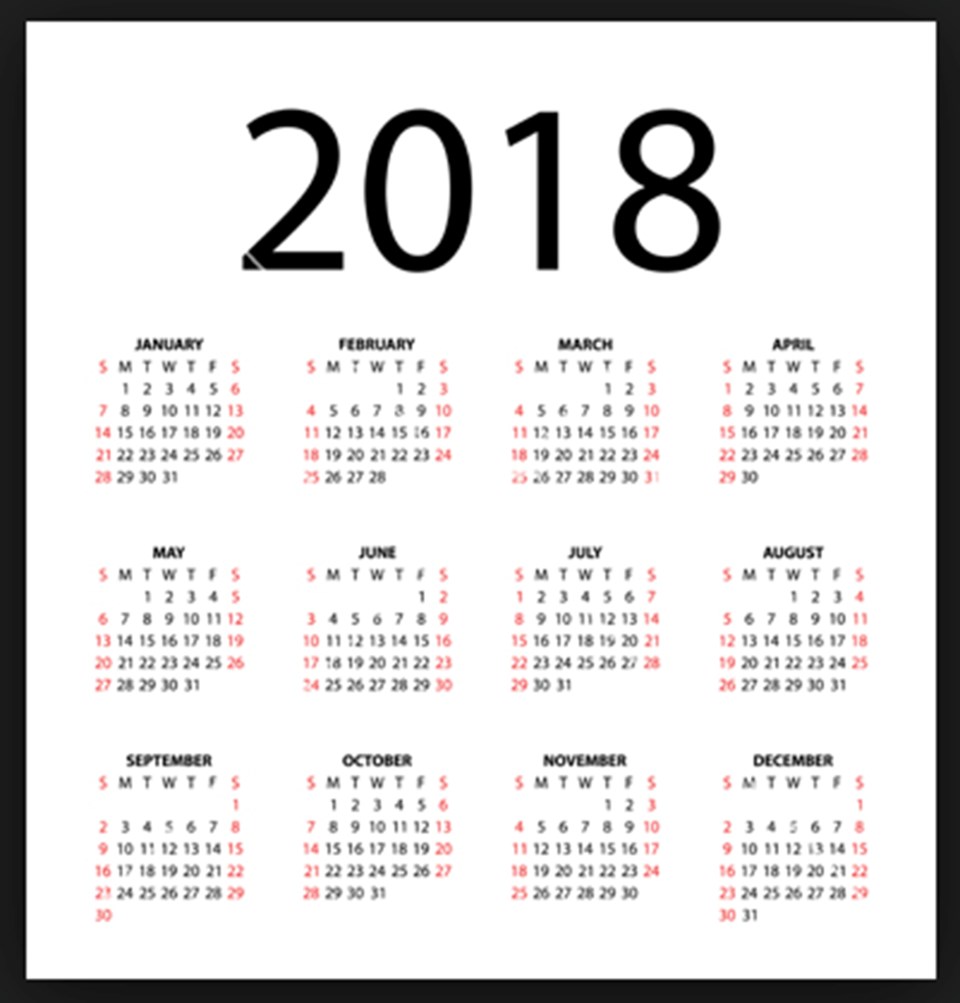If you don’t exercise your right to vote in the Nov. 15 civic election, you won’t get another chance until Oct. 20, 2018.
The winners of the race for Vancouver’s mayoralty, city council, park board and school board are getting almost an extra year in power thanks to last May’s provincial amendment to laws governing local elections.
The four-year-term of office will bring Vancouver in line with other big Canadian cities. The B.C. Liberal government claimed four-year terms would give municipalities more time to consult, plan and achieve community goals — and manage election costs.
While cost-savings are expected over the long term, they will not be substantial. Instead of four elections through 2023 for three-year terms, there will be three elections through 2022. The City of Vancouver budgeted $2.1 million for this year’s election, including outsourced contracts for optical ballot tabulators with Election Systems and Software LLC of Omaha, Neb. ($193,975), an electronic voters list with Comprint/DataFix of Toronto ($252,000) and voting station hardware and support services with Compugen Inc. of Richmond ($344,047.15).
In 2010, a joint-Union of B.C. Municipalities and B.C. government task force made 31 recommendations, including extending terms. Local elections will happen every four years on the third Saturday of October, meaning better weather and more daylight for campaigning and voting.
But one watchdog said longer terms will diminish democracy.
Randy Helten of CityHallWatch.ca said the province gave local politicians the gift of more power without requiring major checks and balances in return. Campaign finance reform was recommended in the 2010 report, but the B.C. Liberals chose to study what, if anything, to do for 2018. (The all-party Special Committee on Local Elections Expense Limits heard testimony on Nov. 6 and 7 in Vancouver and is receiving written submissions until Nov. 21.)
“With virtually no public involvement, the provincial government gave the civic politicians 33 per cent more power by extending their term an extra year and this was done really under the radar with no significant media coverage or public discussion,” Helten said. “It seems to have very murky origins tracing back to an unrecorded conference call with a small number of executive of the [Lower Mainland Local Government Association] of June 2013. No records exist.”
LMLGA’s board includes Vision Vancouver Coun. Raymond Louie. Mayor and council elections were held annually in Vancouver until 1926, when voters began to choose the mayor in even-numbered years. Not until 1966 did city councillors get two-year terms. The last extension was in 1990 when terms were increased from two years to three.
The 2010 report said four-year terms would boost citizens’ recognition of local governments and reduce potential voter fatigue over time. But, according to Vancouver statistics, longer terms have coincided with low voter turnout. Between 1936 and 1988 there were 16 elections with 40 per cent or better turnout. Since terms were extended to three years in 1990, it happened only once, when half of registered voters cast ballots in 2002. That was the election when Larry Campbell become mayor and his COPE party rolled to majority on city council, park board and school board.
In the Legislature on May 1, Community, Sport and Cultural Development Minister Coralee Oakes said under questioning from NDP critic Selina Robinson that she consulted with Vancouver Mayor Gregor Robertson.
“I guess it’s a little bit disappointing,” Robinson said. “I mean, I’m grateful that the minister spoke to the mayor, but Vancouver has a party system, and there are several different parties around that table. It’s unfortunate that not everybody was consulted, given that there’s quite varied opinions sitting around that table in terms of changing their charter to a four-year term.”
Other provincial amendments include a 90-day deadline for campaign finance statements, instead of 120, and online publishing of disclosures. For the Vancouver Charter, city council may decide that a by-election is not to be held if a vacancy occurs after June 1 in a general election year.
bob@bobmackin.ca
twitter.com/bobmackin


